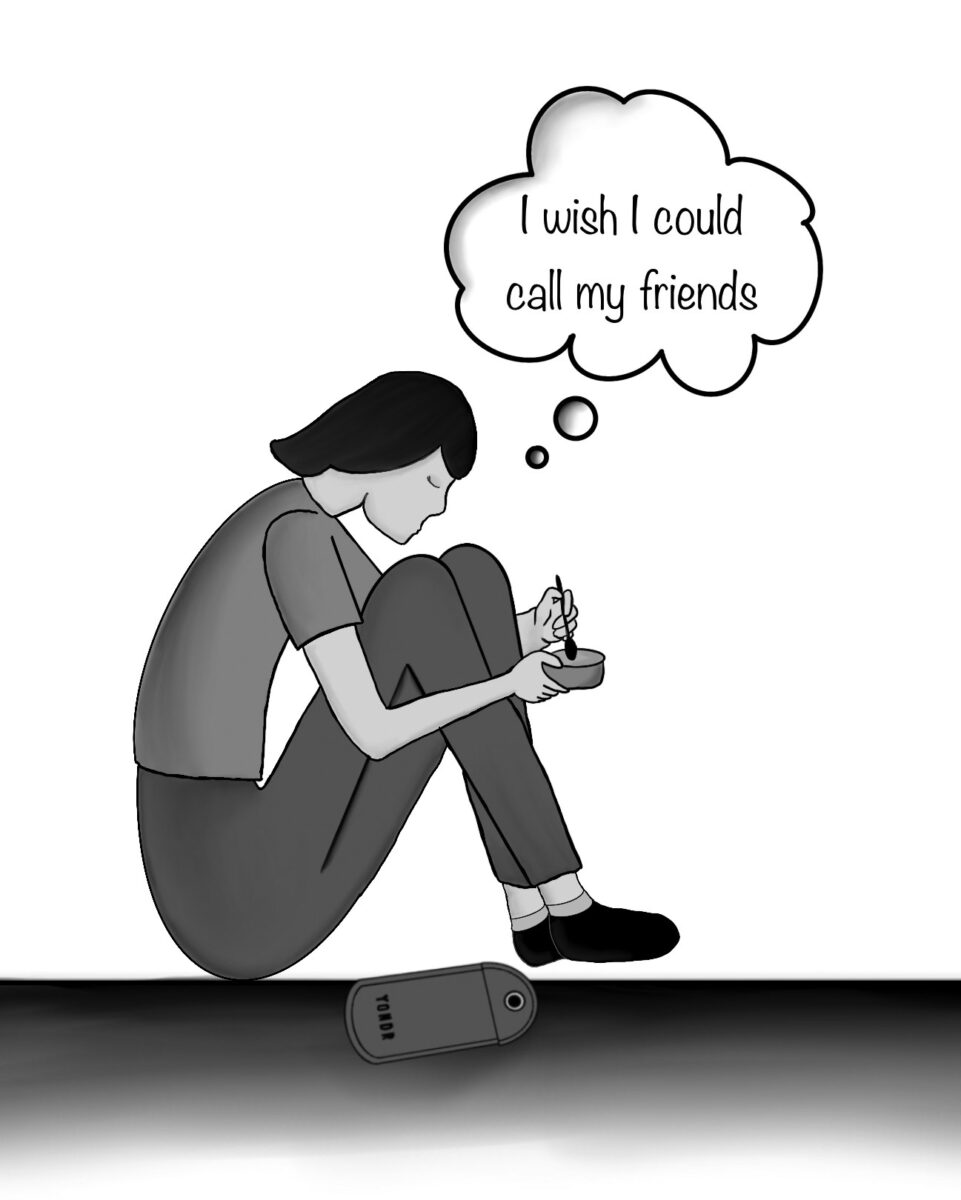
We’ve all experienced how quickly our classes on Mondays, Tuesdays and Fridays go by. It seems that after taking attendance, checking in with students, collecting homework and going over the schedule, there is barely enough time to go over the day’s material. It’s hard to learn from a rushed teacher, and it’s difficult to process the information taught when we’re already on the way to the next class, where a similar pattern takes place.
But our school days may not be this way for long. Before April 30 of this year, certificated Redwood staff will vote to change our class schedule for next year. There are many proposed schedules being voted on, but the most likely option, and the most controversial, is a double block week.
Under a double block schedule, Monday or Friday would be a seven-period day, and the rest of the week would consist of 90-minute block classes. We urge teachers to vote to implement the double block schedule, a vote in favor of a more engaging learning environment that is less stressful for the whole Redwood community.
Redwood is the only school in our district that doesn’t have a double block week, and schools that utilize these schedules have overwhelmingly positive experiences. According to a paper presented at the San Francisco Educational Research Association that studied a school making the transition to a double block schedule, 70 percent of students and 95 percent of teachers preferred it over their previous schedule.
However, opposition to the double block schedule is widespread. A recently created Change.org petition urging parents and students to protest the proposed double block schedule had 338 signatures at the time of publication. However, both academic studies and the positive experiences of schools that have adopted the schedule strongly suggest that Redwood would benefit from a double block week.
In March 2013, the Tam News published an editorial urging Tamalpais High School (Tam) teachers to vote against implementing a seven-period schedule Monday through Friday.
“We believe that to impose a seven-period bell schedule every school day would be a mistake. Such a schedule would be fatiguing for students, who would not only have to endure the mental exhaustion of constant, whiplash-speed classes, but would likely also be assigned overnight homework for all their courses every night of the week,” wrote the Editorial Staff.
As the editorial went on to explain, with a double block schedule, there is more time in class to absorb concepts, and less homework that is due each day, which takes some of the pressure off students.
In addition, a double block schedule would create less stress for teachers. With it, teachers will have more preparation and grading time. For the many teachers that have to switch classrooms between periods, a double block week would mean less time spent rushing through crowded hallways. Teachers at Tam are more relaxed while teaching block periods because they don’t have to cram activities into a 50-minute period, according to Marie-Noelle Phillips, a Spanish teacher who transferred to Redwood from Tam.
“[Students] delivered good quality work because the stress was limited and they felt that at night they could handle the homework load,” Phillips said. “I think [students] are more focused and your attention span is way more productive when you don’t feel as much stress.”
Tam junior Nikolas Manrique said that Monday, the only day with seven classes, is his most stressful day of the week. According to Manrique, longer periods allow deeper learning in certain classes and preparation for college.
“The whole point of high school is to prepare you for college in every way possible and this hour and a half is a realistic depiction of what college is going to be: fewer courses with longer amounts of time,” Manrique said.
One of the biggest concerns with block scheduling is that it will be difficult for students to focus for long periods of time, especially students with ADHD. One advantage of the block schedule though is that it would be easier to concentrate on material during a block day because there is more time for students to become fully engaged.
“I like the pace of the block day more, because I had time to go deeper into the teaching and I think it was more relaxing for my students that way,” Phillips said. “[Students] felt they got a really good lesson versus only surfacing the content because they don’t have as much time to ask questions.”
One of the biggest actions Redwood should take in order to ensure the success of a double block schedule is to train teachers to adapt curriculum for fewer, longer periods. Many of the benefits of a double block week can only take hold when class time is used wisely. Teachers may need to update their curriculum or teaching styles, so allocating time for teacher training or visits to current successful block classrooms would be important.
We urge readers to consider each side carefully and not just from their own perspectives. The implementation of a double block schedule would bring the needed improvements to our school week, from less pressure on the whole Redwood community and higher chances of academic achievement to more meaningful and worthwhile learning for all students.











